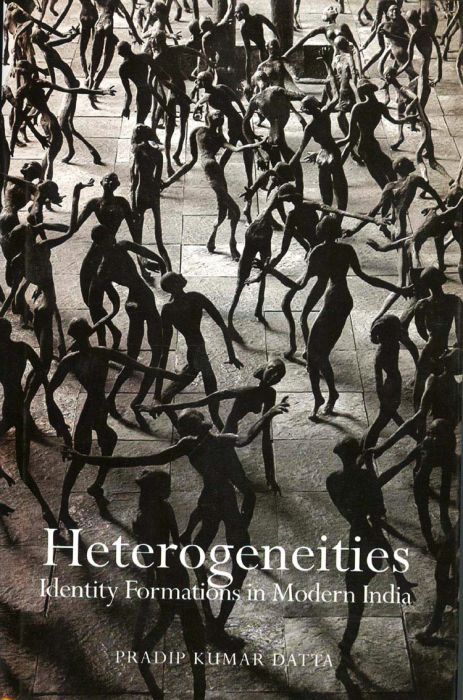Heterogeneities
Taking the instability of all identities as its point of departure, this collection of essays probes the enigmas of identity politics. How does ‘identitarian’ politics, trying to homogenize identities around some cultural or ethnic name, deal with unstable and diverse identities? And what are the kinds of identity formations that resist identity-based projects? Drawing from theoretical perspectives on communal polarization and its relation to early nationalism, the author examines a range of seemingly dissimilar subjects, such as the teaching of Keats in a Delhi college, the Indian novel in the English language, nineteenth-century Bangla sahitya, inter-community love, communalism, Tagore and globalization, and inter-disciplinarity.
Some of the essays in this book are especially concerned with the recent decades that have witnessed the rise of Hindutva, and which have also marked the author’s own growth from a student of English Literature at Delhi University to his later interest and scholarship in History and Politics. Pradip Datta begins with his reading of Keats, the quintessential Romantic poet, under the tutelage of a teacher of English with a vernacular background, at a time that witnessed the capitalist expansion of the middle class as well as the spread of the Ram Janmabhoomi movement across the cities and towns of India. His interest in plotting the coordinates of heterogeneity and interrogating identity formations led him to travel to Ayodhya in the early 1990s and interact with kar sevaks there. This book is therefore a part of the author’s ongoing attempt at examining how literary and politico-cultural representations of identities can reinforce rigid boundaries. Juxtaposing these with knowledge systems and their respective methods, Pradip Datta argues in favour of practices and spaces that facilitate exchange and reciprocity among a range of disciplines. By proposing the idea of a disciplinary ‘commons’, he offers the pedagogic as a model for recognizing and validating the heterogeneous elements in the formation of our identities.

‘… The essays in this collection are themselves heterogeneous, written at different points of time over the past two decades. But what binds them together is a “commitment to heterogeneity”, as opposed to homogeneous identities based on “a binary opposition between the figures of self and the enemy”…. What Datta attempts is to discover the revanchist agenda behind the Ayodhya campaign.’
J. Sri Raman, The Hindu
